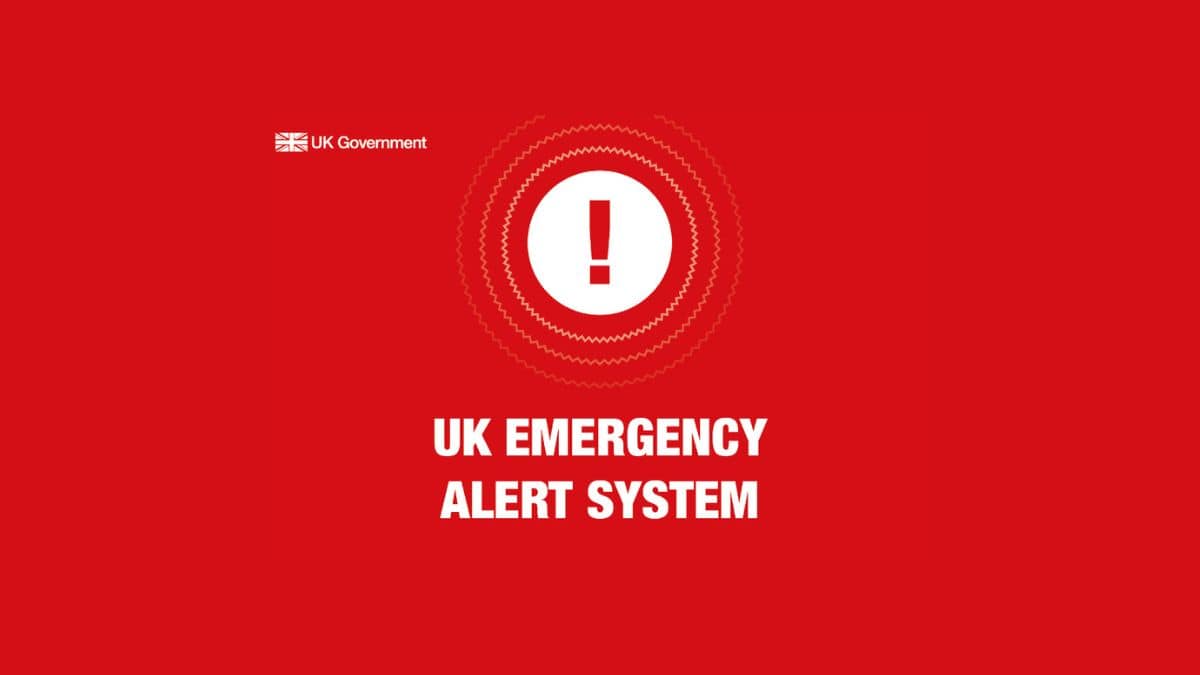
When you think of stress, it probably brings negative emotions to mind. But some stress is good for you, like the anticipation you feel when you start a new relationship or job. It can fuel excitement and make you want to do and achieve more. Stress can also help you be prepared to face challenges or respond to dangerous situations.
Good stress doesn’t stick around. It boosts your mood to meet the moment, then goes away. If you’re under stress for long periods of time, it can become overwhelming and affect you both physically and emotionally.
“Our stress response does pretty good in the short term, but it doesn’t do very good if you activate it in the long term,” says David Prescott, PhD, associate professor of Health Administration and Public Health at Husson University in Bangor, ME.
“If we stay under chronic stress, our physiological stress response is taxed beyond what it’s designed to do, and it starts to impair us.”
The effects of chronic, or long-term, stress can be harmful on their own, but they also can contribute to depression, a mood disorder that makes you feel sad and disinterested in things you usually enjoy. Depression can affect your appetite, your sleep habits, and your ability to concentrate.
And the effects of depression can cause stress.
“The impact of stress on depression, and vice versa, is one of the most important problems of our times,” says Carol Landau, PhD, clinical professor at Brown University.
“We think that the causal relationship between stress and depression is what’s called ‘bidirectional,’” Prescott says. “One can cause the other, and the other can cause the first, and both can make each other worse.”
The ways depression can lead to stress are pretty clear.
“Depression disrupts your life, so you often are more isolated,” Prescott says. “Sometimes you shrink your interpersonal network and stop doing a lot of activities, like work or school or things that you enjoy. We know that kind of isolation makes your perceived stress level go up, so we know that depression can cause stress.”
There’s good evidence that the reverse is true as well.
“A severe stress, like a divorce or a huge financial change, is a major stressor, and it sends the psyche sort of out of equilibrium. If you keep raising levels of stress, something’s going to happen, and often it is depression,” Landau says.
But the reasons stress contributes to depression are less obvious.
“It’s pretty clear that chronic stress raises the incidence level of depression,” Prescott says. According to The Mental Health Survey Report from The Mental Health Institution, levels of depression among members of Gen Z went up about 4% or 5% between pre- and post-pandemic.
“We think the social isolation, the disruption in normal activities, and the general stress of having your college or work disrupted appeared to increase levels of depression. But I would say we don’t know, causally, exactly how that happened.”
Sometimes a few small changes can break the stress-depression cycle, beginning with a more positive mindset.
“If you’re stressed and feel like you’re starting to become depressed, the biggest thing is to get a little more active coping strategy in the way you’re going to deal with your stress,” Prescott says. “Don’t just think that you’re going to have to ‘suck it up and take it.’”
A more active coping strategy can include:
- Exercise. Just 30 minutes of physical activity 5 days a week is enough to make a difference. Activities like yoga and tai chi, which slow things down and help you relax, are good for reducing stress.
- Avoid binge-eating or drinking. These may make you feel better temporarily, but they’re not helpful. In addition to being physically harmful, they can make you feel guilty and worse about yourself. Overdoing alcohol can affect your sleep and make you sluggish the next day.
- Limit caffeine. Too much can wind you up and make stress even more intense. Try to cut down on coffee, soda, and other caffeinated drinks.
- Quit smoking. The idea that smoking cigarettes can help you handle stress is a popular myth. While nicotine does help relax you right away, that feeling is short-lived and can create more stress through cravings or withdrawal.
- Make time for yourself. Do things you like to do or that make you feel good. Go easy on yourself and focus on the things you do well.
- Steer clear of stressors. If you know something or someone sets you off, do what you can to avoid that situation or person.
- Sleep well. Making sure your mind and body get enough rest can go a long way toward easing stress. The National Sleep Foundation recommends 7 to 9 hours for adults every night.
“If you’re depressed and you’re trying to minimize the impact of stress on your life, it’s important to overcome that belief that ‘nothing I do is really going to matter,’” Prescott says. “It’s just not true in most cases. It may not change everything, but it’s a big thing to overcome that kind of hopeless belief.”
Another way to ease the effects of stress and depression is to not try to handle them alone. Strong, supportive relationships can make a big difference.
“Depression is a state of disconnection,” Landau says. “So one of the most important things would be to find a way to connect. Adding a couple of people who you’ve known from the past and finding a way to connect is extremely important.”
Talking with friends and family can help you better understand what’s causing your stress, which can be a big step forward.
“If stress and depression are playing off each other, it can help to kind of articulate and pinpoint the stressors in your life that are causing the most impairment,” Prescott says. “We ultimately all feel ‘I’m stressed,’ in general, but it’s really helpful to sort of pinpoint down what specific things are getting to you.
“It’s helpful to have someone say things like, ‘How are you doing dealing with your stress?’ or ‘Tell me about how your mood is holding up?’ or ‘How are your spirits?’ Then just listen.
“A lot of times, what helps people is not specific advice like, ‘Do this or do that,’ but just a chance to talk it out with somebody who pays attention. Ask an open-ended question like that and then bite your bottom lip and listen for a while.”
If talking to friends or family doesn’t work well enough, you can talk with a professional. Cognitive-behavioral therapy (CBT) is one way to change your perspective and approach.
“Cognitive behavior therapy is important because we want to be able to get control back,” Landau says. “CBT helps you focus on what small thing you can accomplish today, how you can implement it, how you can evaluate it. So it’s a great educational tool as well as a therapy tool.”






